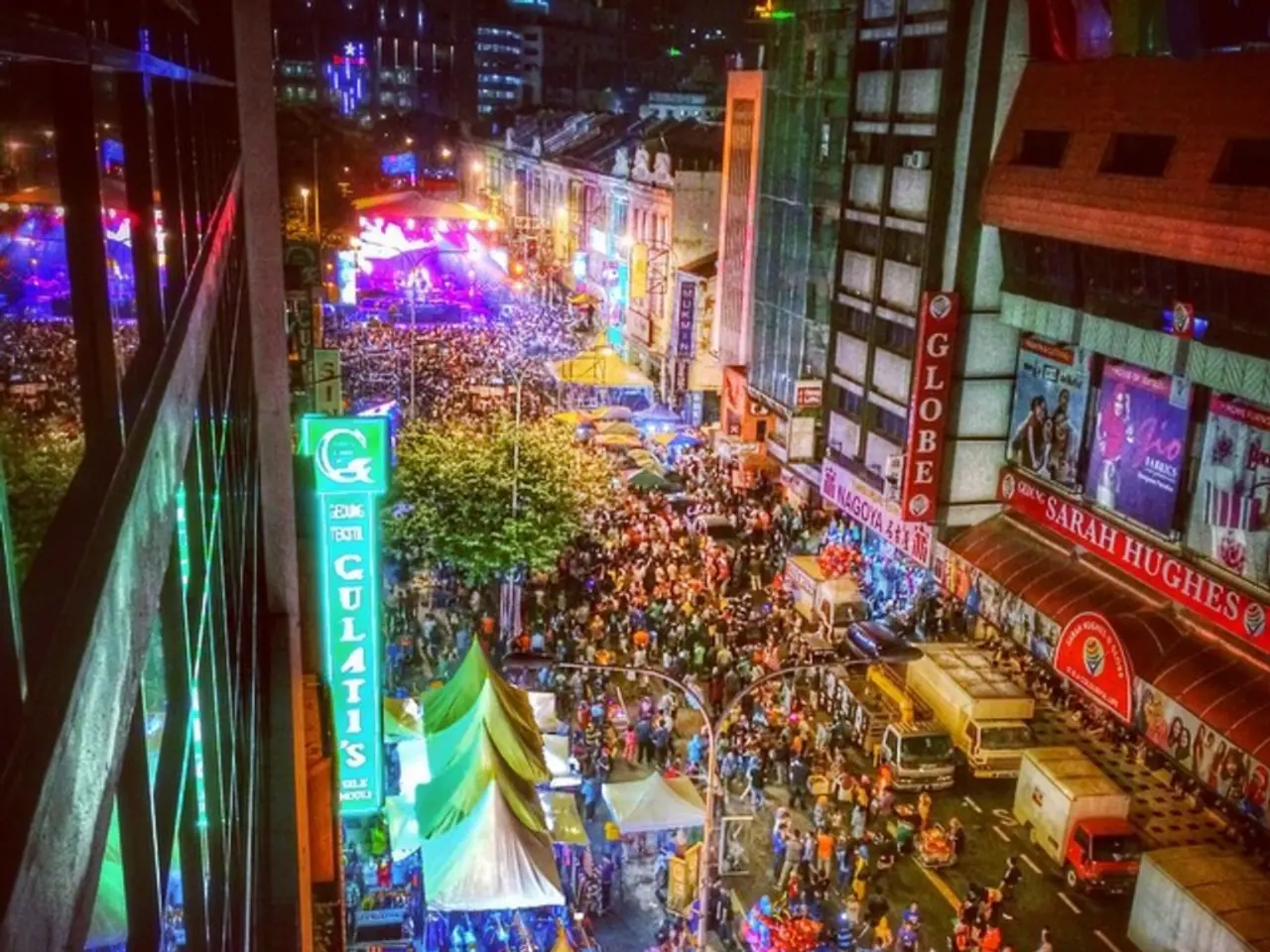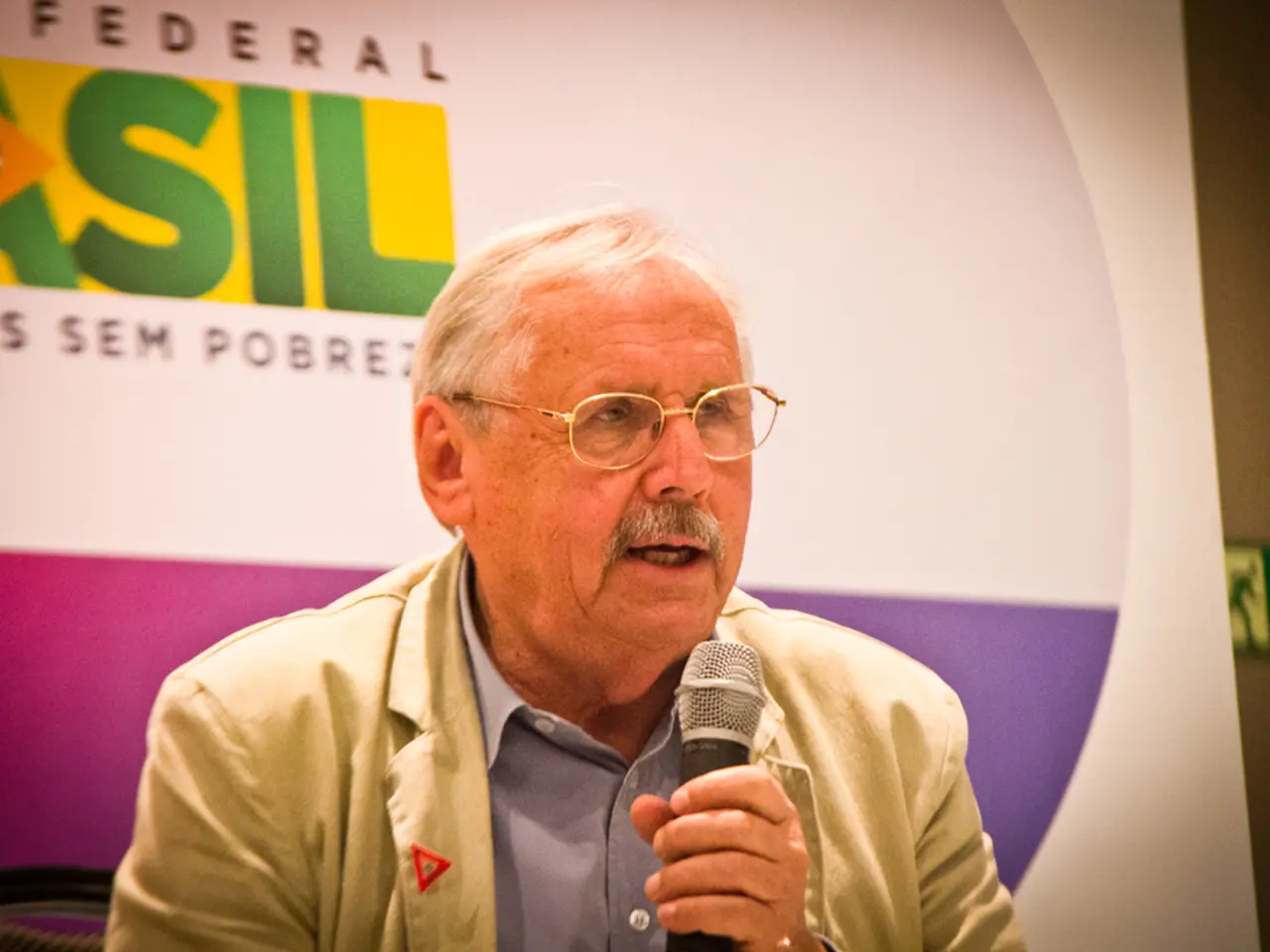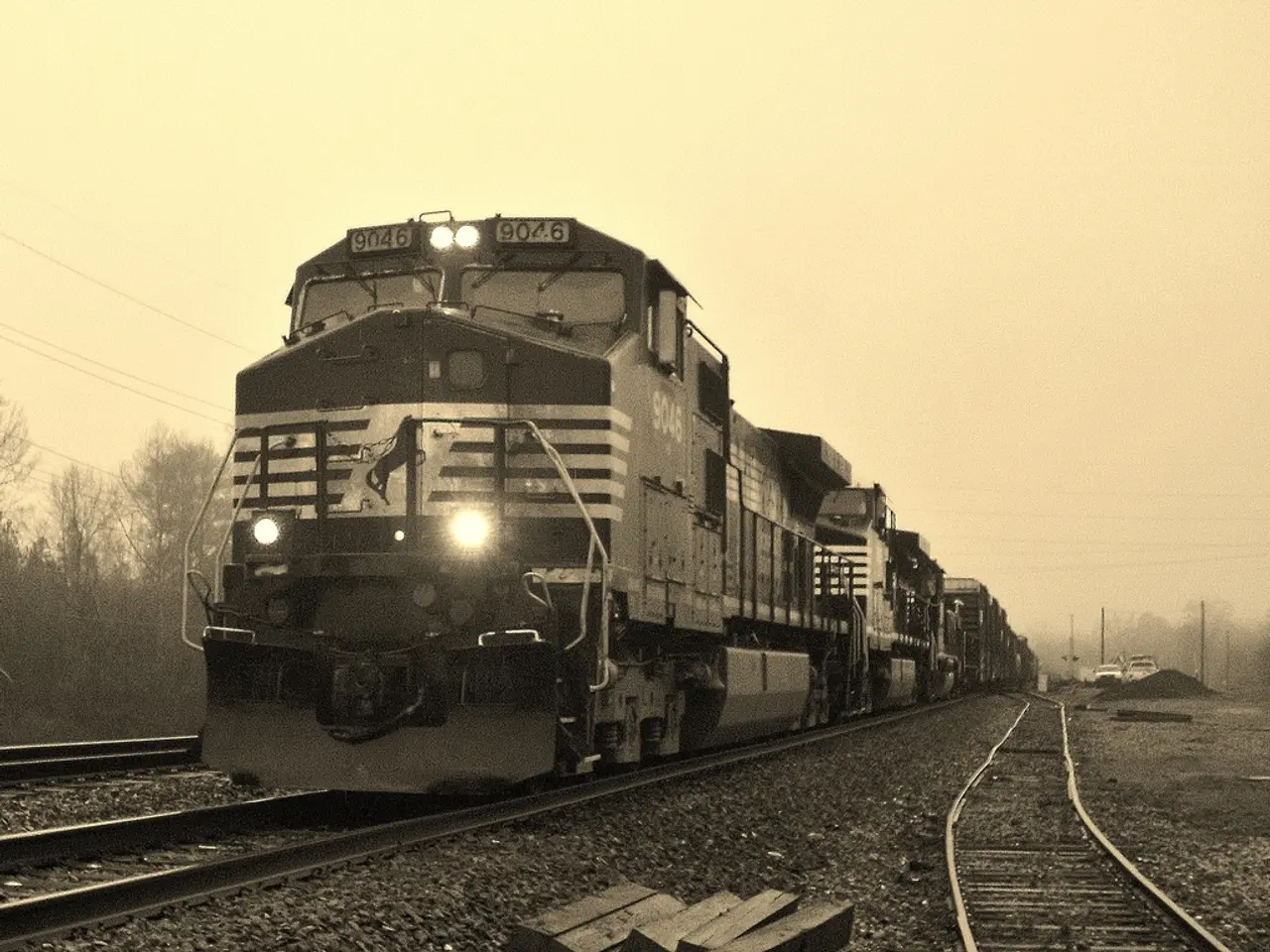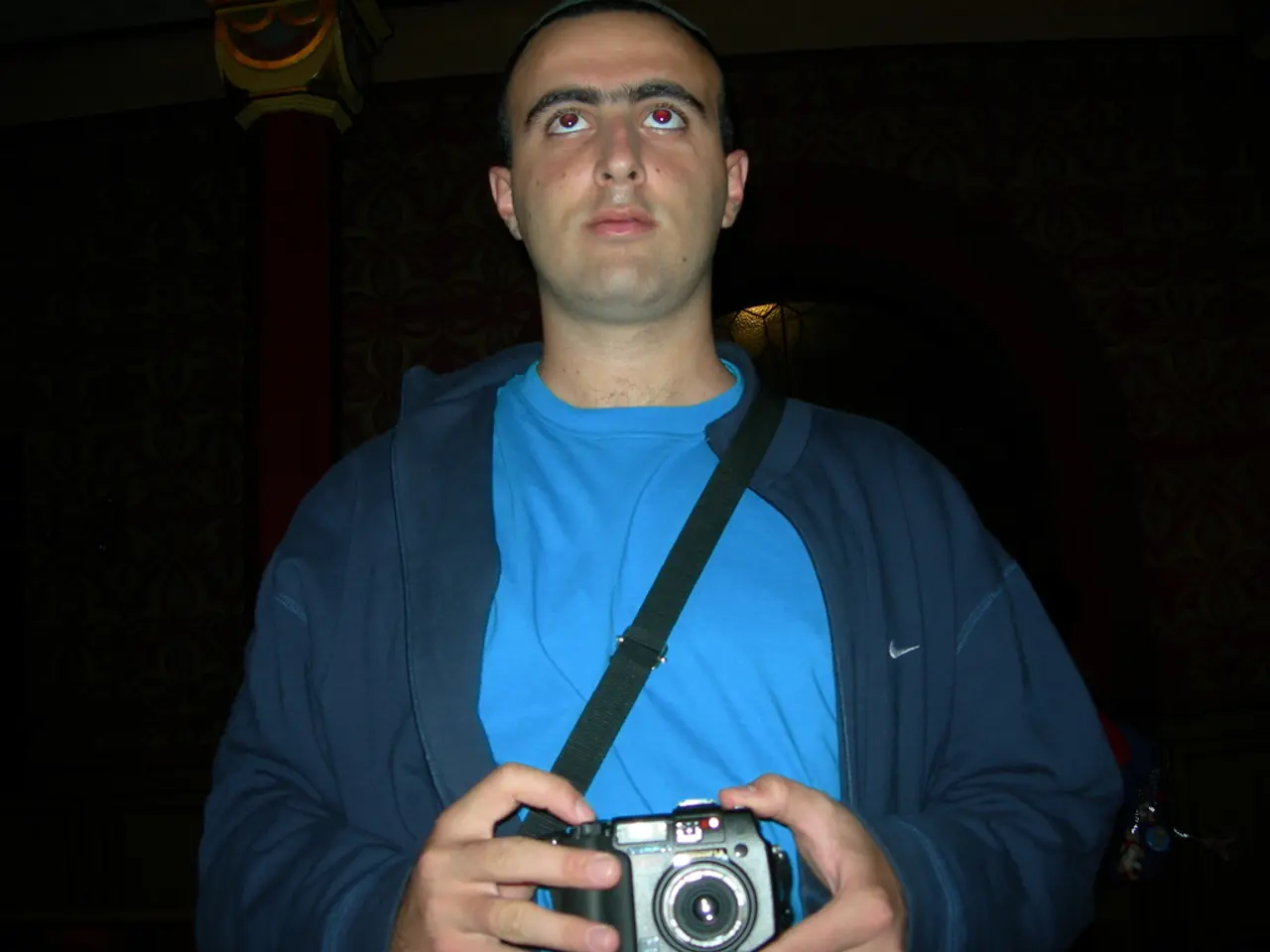Riverfront Parking: Anxiety Rises over the Approaching "Super Frost Friday"
The Düsseldorf Rhine Carnival, one of Germany's most celebrated carnival events, recently drew a large number of visitors[1]. Managing traffic during such a bustling event is no small feat, particularly in a densely populated city like Düsseldorf.
While the Traffic Management Office has reported that drivers and passengers lost less time than in the previous year, based on GPS data from vehicles on carnival Saturday[2], the traffic situation was still far from ideal. According to local blogger and writer, Peter Jamin, last Saturday's traffic was plagued with hour-long traffic jams, persistent car exhaust fumes, traffic noise, and honking[3].
Mayor Stephan Keller, however, emphasised that the new traffic concept is working and appealed to all visitors to use public transport, bikes, buses, or walk if possible[4]. The city administration has also set up controls at the entrances to restricted zones[5].
Despite these measures, Jamin criticises the city's traffic concept, arguing that the street structure in Oberkassel and Düsseldorf's city centre is not designed for large events with hundreds of thousands of cars[6]. He goes as far as to predict a potential "traffic collapse" on Friday evening and Saturday night[7].
Ambulances reportedly got stuck in traffic and couldn't get through, according to Jamin's impressions[3]. The impending "traffic collapse" is part of a larger problem, according to Jamin, as it has been ignored by the city planners for years[8].
On a positive note, the city praised the parking situation, as capacities in nearby car parks and on Park-and-Ride parking lots were used more frequently than in previous years[9]. However, finding a parking spot near the fairgrounds could take 10 hours, according to some users[10]. Congestion occurred in the evening between 19:30 and 21:00 and at night from 0:00 to 1:30, possibly due to the arrival and departure traffic around the drone show[11].
Despite the challenges, the city's efforts to manage traffic during the Rhine Carnival are evident. However, to fully assess the effectiveness of these measures and compare them to resident perceptions, access to local government reports, resident surveys, or academic studies would be necessary. For now, the traffic management during the Düsseldorf Rhine Carnival appears to be a work in progress.
The city administration's appeal for visitors to use public transport, bikes, buses, or walk if possible[4] seems to be in line with Mayor Stephan Keller's emphasis on the new traffic concept[4]. However, local blogger Peter Jamin criticizes the city's traffic concept, arguing that the street structure in Oberkassel and Düsseldorf's city center is not designed for large events[6], particularly in the finance, transportation, entertainment, and even the industry sectors where a significant number of participants arrive. The impending "traffic collapse" he predicts[7] could have far-reaching implications in all these sectors.




